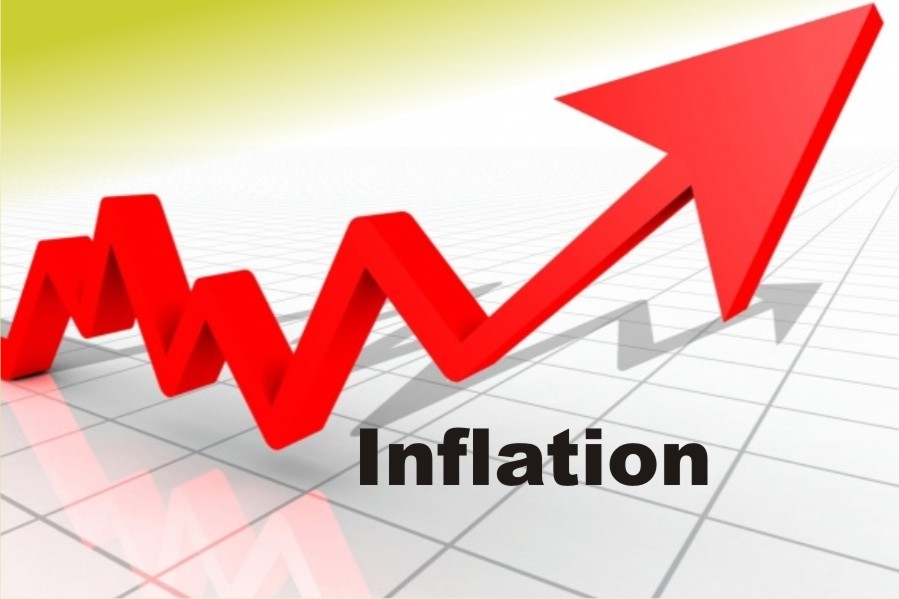CEM REPORT, FINANCE| The Nigerian economy is facing a critical juncture. In a move aimed at taming rising inflation, the Central Bank of Nigeria (CBN) has implemented a series of hawkish monetary policies, leading to a credit crunch for the private sector.
Data from the CBN’s credit and monetary statistics paints a concerning picture. Private sector credit allocation witnessed a sharp 12% month-on-month decline between February and March 2024. This translates to a drop from ₦80.86 trillion to ₦71.21 trillion.
This significant reduction comes after a period of robust growth. In January 2024, credit to the private sector stood at a healthy ₦76.29 trillion, a significant increase from ₦41.54 trillion in January 2023. This upward trend continued into February, reaching its peak at ₦80.86 trillion.
Analysts believe this tightening of credit represents a strategic shift by the CBN under the leadership of Governor Olayemi Cardoso. It marks a departure from the expansive credit policies implemented by his predecessor, Godwin Emefiele.
Experts Weigh In
Economist Aisha Mohammed explains, “The CBN’s decision to restrict credit reflects their primary objective of curbing inflation. Inflation has been a major concern in Nigeria for several months, and these measures aim to reduce the money supply in circulation, thereby dampening inflationary pressures.”
However, Mohammed also cautions, “While controlling inflation is crucial, a significant credit crunch can stifle economic growth. Businesses rely on access to credit for investment, expansion, and day-to-day operations. A sustained decline in credit availability could lead to slower economic activity and potentially job losses.”
Impact on Government Credit
The CBN’s tightening measures haven’t solely impacted the private sector. Government borrowing has also seen a drastic decline. Credit extended to the government fell by a staggering 42% in just one month, dropping from ₦33.93 trillion in February to ₦19.59 trillion in March 2024. This also reflects a significant decrease compared to the previous year, marking a 29% decline from 2023.
While government credit initially showed an increase in January 2024 (₦36.18 trillion compared to ₦26.64 trillion in January 2023), subsequent months witnessed a downward trend culminating in the substantial drop observed in March.
Read Also: New 0.5% Cybersecurity Levy on Electronic Transfers in Nigeria: What You Need to Know
This decline in government access to credit could potentially impact public spending on infrastructure projects and social programs.
If You Ask Me
The coming months will be crucial in determining the effectiveness of the CBN’s strategy. If inflation shows signs of abating, the CBN may consider easing some of the restrictions on credit access. However, if economic activity slows down significantly, a course correction might be necessary.
While curbing inflation is undoubtedly a priority, the potential consequences for economic growth cannot be ignored. However worries still abound, my particular worry is if the CBN, in its tussle against inflation has an eye out on factors such as global commodity prices and international trade conditions which could play a downside role in Nigeria’s economic performance.
While the above is a concern, CBN’s hawkish monetary policies still leaves questions barking;
Will the CBN’s credit tightening measures effectively control inflation?
How long will the private sector credit crunch last?
What will be the long-term impact on economic growth?
The Nigerian government and the CBN will need to carefully monitor the situation and adapt their policies as needed to achieve a sustainable balance between price stability and economic expansion.
By staying informed and engaged in the conversation, Nigerians can navigate these economic uncertainties and work towards a more stable and prosperous future.








